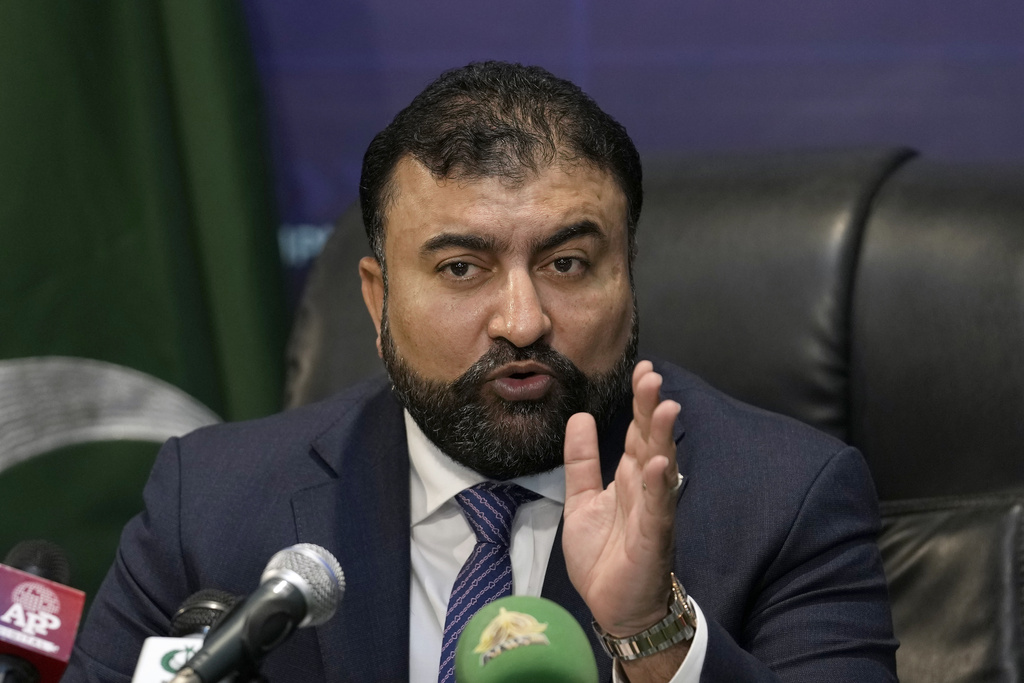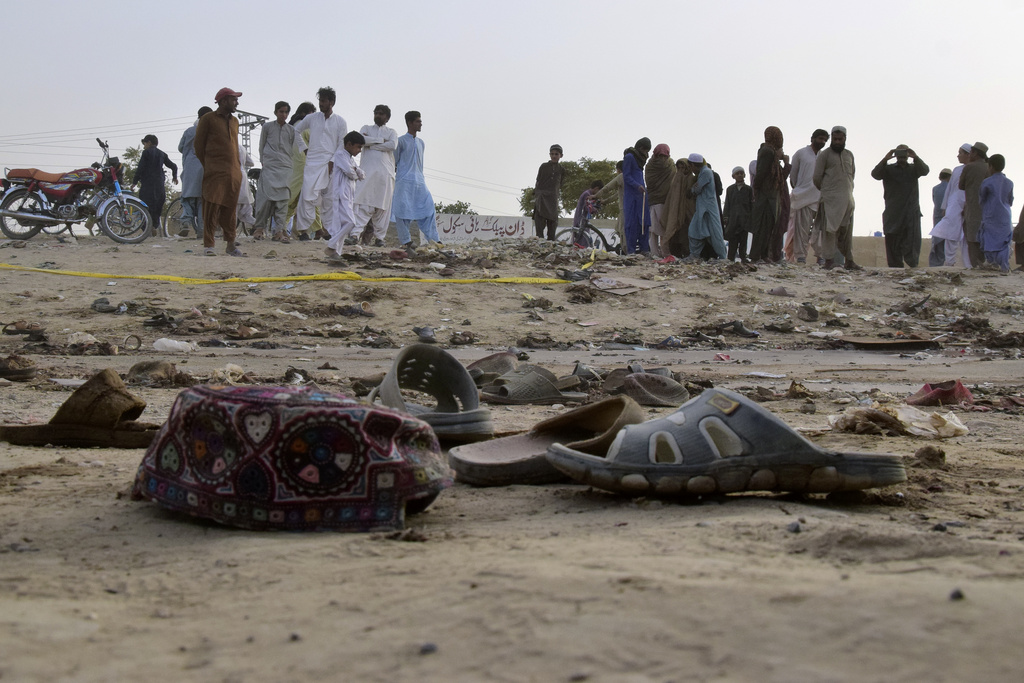An ongoing crisis has been unfolding along the borders of Afghanistan for over 40 years — a region marked by conflict, instability and political shifts. It’s currently the world’s most extensive refugee crisis, with 8.2 million Afghans residing in neighboring countries, according to the United Nations.
Since the Taliban takeover in 2021, nearly 600,000 Afghans have sought asylum in neighboring Pakistan, bringing the estimated total of unregistered Afghans in the country to 1.7 million.

Now, the Pakistani government is instructing these refugees to leave voluntarily or face forced removal. Pakistani officials have emphasized that this nationwide crackdown does not target legally registered Afghan refugees or individuals holding Afghan citizenship cards. This measure represents the government’s first significant effort to address illegal immigration.

The interim interior minister of Pakistan, Sarfraz Bugti, has issued a final warning, instructing all undocumented immigrants to depart voluntarily by Nov. 1, or they will face forcible removal.
“I am warning those people who are living here illegally that they should leave voluntarily before the 1 Nov. deadline, before we start deporting them forcefully,” Bugti said. “We have done our geofencing to work out where they are living, we have identified the areas, and we know in which part of metropolitan cities of Pakistan they are living, which town of Pakistan they are in, which villages they are in. We have complete details of each and every thing.”
Protests have erupted in border cities between the two countries as Pakistani officials announced the establishment of deportation centers. Local religious party leader Mulvi Muhammad Yousaf has expressed concerns about the impact of these policies on local businesses and employment, urging the government to reconsider its decisions.
The initial announcement by Pakistan was prompted by a government review of Afghan nationals’ alleged involvement in 14 suicide bombings this year, with the most recent incident resulting in the deaths of at least 57 people.

Both U.N. and U.S. leaders have called on Pakistani officials to fulfill their obligations in assisting refugees and asylum-seekers. U.S. State Department spokesperson Mathew Miller strongly encourages Afghanistan’s neighbors, including Pakistan, to allow entry for Afghans seeking international protection. Miller suggested neighboring countries collaborate with international humanitarian organizations, such as UNHCR and IOM, to provide humanitarian assistance.
While Taliban leaders have requested Pakistan stop expelling Afghans, they have concurrently established special border camps to provide immediate support for returning Afghan families.
Official sources indicate that more than 52,000 men, women and children have returned to Afghanistan as the Nov. 1 deadline approaches.



















